Table of Contents
ToggleSources
- https://www.archives.gov/exhibits/featured-documents/magna-carta
The National Archives provides authoritative information on the Magna Carta, detailing its historical significance and how it laid the groundwork for principles like 'no taxation without representation.' - https://www.britannica.com/event/American-Revolution
Encyclopaedia Britannica offers a comprehensive overview of the American Revolution, including the role of taxation without representation as a catalyst for colonial resistance and independence. - https://www.history.com/topics/american-revolution/boston-tea-party
History.com provides detailed information on the Boston Tea Party, a pivotal event in the American Revolution that was directly tied to the slogan 'no taxation without representation.' - https://www.loc.gov/collections/continental-congress-and-constitutional-convention-from-1774-to-1789/articles-and-essays/timeline/1764-to-1765/
The Library of Congress offers a timeline of events leading up to the American Revolution, including the Stamp Act and other taxation measures that fueled colonial discontent. - https://www.mountvernon.org/library/digitalhistory/digital-encyclopedia/article/treaty-of-paris-1783/
The George Washington Presidential Library provides detailed information on the Treaty of Paris (1783), which officially ended the Revolutionary War and recognized American independence, the culmination of the struggle against taxation without representation.
Key Points
- The principle of 'no taxation without representation' is fundamental in democratic rule of law, meaning citizens can only be taxed if they consent through their representatives.
- The principle dates back to the Magna Carta of 1215, which restricted King John's power and granted more rights to English clergy and vassals.
- The phrase gained new significance during the American Revolution as a rallying cry against British colonial rule.
- Great Britain imposed taxes like the Stamp Act and Sugar Act on the 13 colonies to recover financial losses from wars, sparking colonial resistance.
- The Boston Tea Party in 1773 was a major act of protest against British taxation, emphasizing the demand for political representation.
- The British repealed most taxes except on tea, leading to the colonists' boycott and the dumping of tea into Boston Harbor.
- The Boston Tea Party was a key trigger for the American Revolution, leading to increased resistance and the formation of the Continental Army.
- The colonies declared independence on July 4, 1776, and fought the Revolutionary War until British recognition in 1783.
- The Treaty of Paris in 1783 officially ended the war, establishing the United States as an independent nation.
- The American Revolution's origins trace back to the slogan 'no taxation without representation' and colonial resistance to unfair British taxes.
Summary
The blog post explores the historical significance of the principle "no taxation without representation," tracing its origins to the Magna Carta in 1215 and its pivotal role in the American Revolution. The phrase became a rallying cry for the thirteen colonies against British-imposed taxes, culminating in events like the Boston Tea Party and ultimately sparking the Revolutionary War, which led to American independence. The principle underscores the democratic ideal that citizens should only be taxed if they have political representation.
The principle of “no taxation without representation” is of utmost importance within a democratic rule of law.
What is taxation without representation?
It refers to the fundamental practice that citizens can only be required to pay taxes if they have consented to this through their representatives in the legislative body.
This principle was founded centuries ago but obtained a new meaning in the context of the American Revolution.
Magna Carta
The principle of “no taxation without representation” is a very familiar one. It gained notoriety with the Magna Carta of 1215, a document that remains one of the most important constitutional documents in world history.

It was sealed by King John of England and significantly restricted his power. In turn, the English clergy and vassals received more power and political rights.
The Magna Carta is considered one of the oldest democratic texts of civilized society. Thus, the fact that the principle of “no taxation without representation” is included demonstrates its significance.
A Clarion Call for the Thirteen Colonies
Even though the principle of “no taxation without representation” dates back to much earlier, it received a new meaning in the context of the struggle of the American colonists for independence from Great Britain.
It became a catchphrase of the thirteen American colonies in their resistance against the British reign.
Background
Following the Americas discovery by Columbus in 1492, the landmass became very attractive to colonizing powers, especially European colonizing powers.

North America was considered an area of particular importance because of its strategic location and because it was considered to be the New World.
Over time, North America was divided between different powerful European nations, such as the French, the Spanish, and the Dutch. The colonial claims continuously shifted, though, and by the 18th century, the largest part of North America was under British control.

Get Smarter on US News, History, and the Constitution
Join the thousands of fellow patriots who rely on our 5-minute newsletter to stay informed on the key events and trends that shaped our nation's past and continue to shape its present.
In short, Great Britain had colonial claims over 13 American colonies, which was the status quo for quite some time.
Financial Problems of Great Britain
At a certain point, Great Britain suffered a lot of financial losses. The main reason for this was that the British had partaken in several wars that drained a large portion of the nation’s budget.
For instance, The French and Indian War of 1754 to 1763 was not only responsible for the British gaining more territorial claims in North America but also cost them an immense amount of money.

The British decided that the thirteen colonies had to pay more taxes to replenish the state revenues. From 1764, Great Britain passed several laws, such as the Stamp Act, the Townshend Act, and the Sugar Act.
These laws imposed taxes on a number of products, ranging from wine, glass, and coffee to sugar, paint, paper, and other printing materials.
Naturally, the American colonists were not pleased with this. Thus, this tax hike was immediately met with a lot of resistance. The citizens of the thirteen colonies thought that it was not fair that they legally had to pay so many high taxes, yet they did not enjoy the same rights as British citizens.
They could not even elect representatives to serve in the British Parliament. Hence, the catchphrase “no taxation without representation” became widely used.
Boston Tea Party
On December 16th, 1773, this resistance peaked when it led to the so-called Boston Tea Party. This event went down in history as the first major act of resistance initiated by the American colonies against Great Britain’s colonial reign.

In essence, the Boston Tea Party was a political protest against the increased taxes imposed by the British. While protesting, the American colonists kept chanting, “no taxation without representation.”
With this political protest, the American colonies not only wanted to emphasize that the increased taxes were completely unfair, but they also wanted to stress that they wanted more political power.
The dissenting colonists could not elect representatives to speak for them in the British Parliament, so they had no way of asserting any political influence. Additionally, they had no control over any legislation applicable to them.
To meet some of the American grievances, the British withdrew most of the taxes that were imposed, with one big exception – the taxes on tea. These taxes simply earned the British too much money, as in 1773, Great Britain also had a monopoly on tea imports from Asia.
To retaliate, the American colonists decided to boycott the British en masse by refusing to pay taxes on tea and dropping hundreds of crates into the harbor.
Trigger for American Independence
As mentioned, the Boston Tea Party was the first major act of resistance undertaken by the American colonies. After this event, the American citizens showed no signs of ceasing their bid to end taxation, and they kept resisting the British’s control over them.
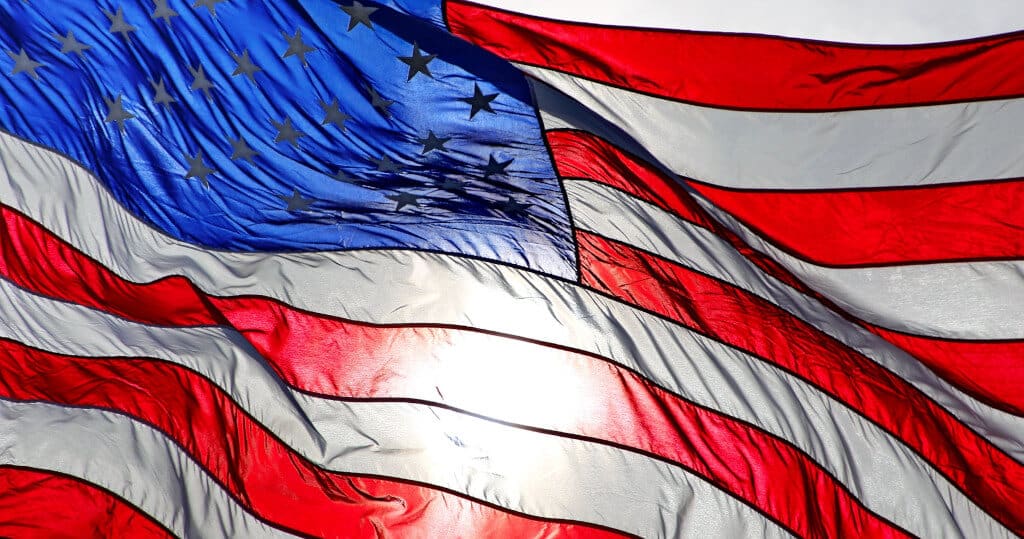
And so, the Boston Tea Party can be seen as a significant trigger in terms of American independence.
More concretely, the Boston Tea Party caused the British authorities to act out against the American colonies even harder. In turn, this caused the American citizens to rebel more and more.
The rise of the Continental Army
Ultimately, the colonies joined forces and established a Continental Army. That is how the colonies embarked on the Revolutionary War from 1775 to 1783.

Soon enough, it became clear that the British underestimated the Continental Army, and the first battle ended with a victory for the thirteen colonies.
They grew in strength, and on July 4th, 1776, this led to the historic signing of the Declaration of Independence.
The Aftermath of the War
Even though the Declaration of Independence was already a fact, the war continued until 1783. Then, the British authorities recognized the fact that the American colonies had earned independence, and accordingly, the British army retreated.

In the aftermath of the war, representatives of King George III, the British government, and the United States of America came together to sign the Treaty of Paris.
From then on, the United States became a nation free from colonial oppression with George Washington as its first president.
And while the independence of the United States was a significant historical event, one must not forget that it all began with the imposed tax hike of the British government and the slogan “no taxation without representation.”
What Is Taxation Without Representation? Quiz
Frequently Asked Questions
What does 'no taxation without representation' mean?
How did the Magna Carta influence the principle of 'no taxation without representation'?
Why did the American colonists oppose British taxation in the 18th century?
What was the significance of the Boston Tea Party in the context of 'no taxation without representation'?
How did the principle of 'no taxation without representation' contribute to American independence?
How useful was this post?
Click on a star to rate it!
Average rating / 5. Vote count:
No votes so far! Be the first to rate this post.
We are sorry that this post was not useful for you!
Let us improve this post!
Tell us how we can improve this post?

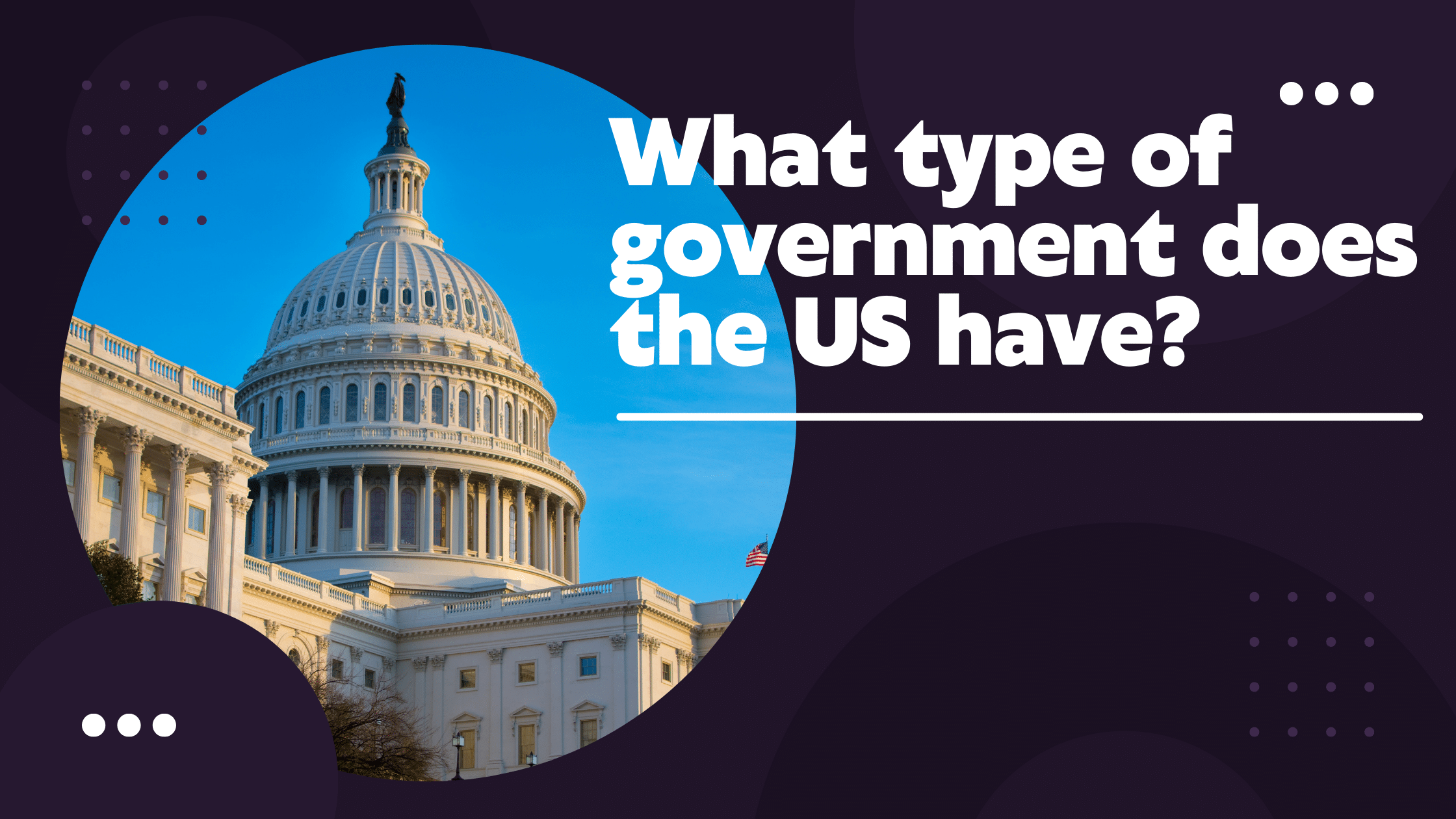

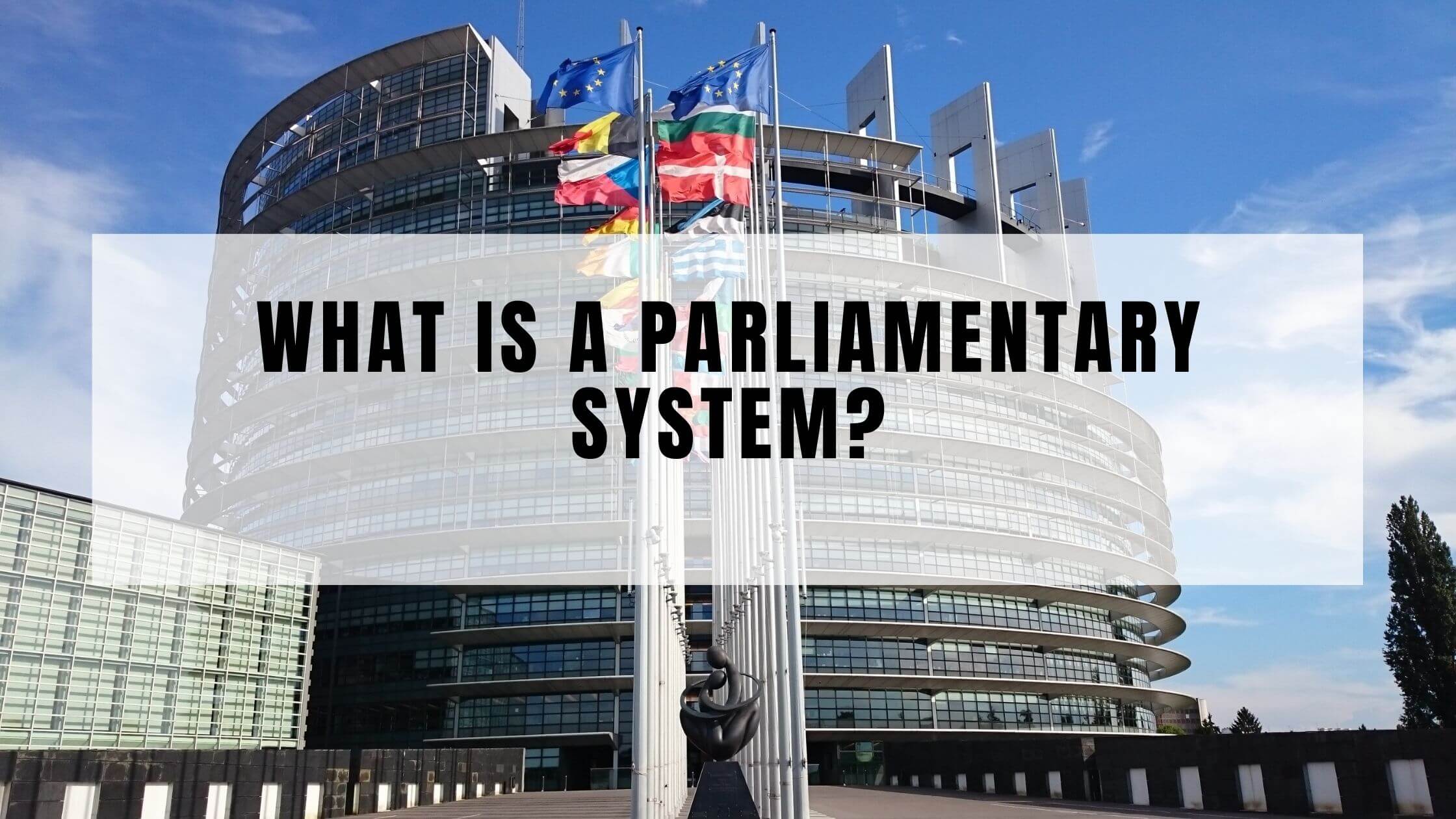
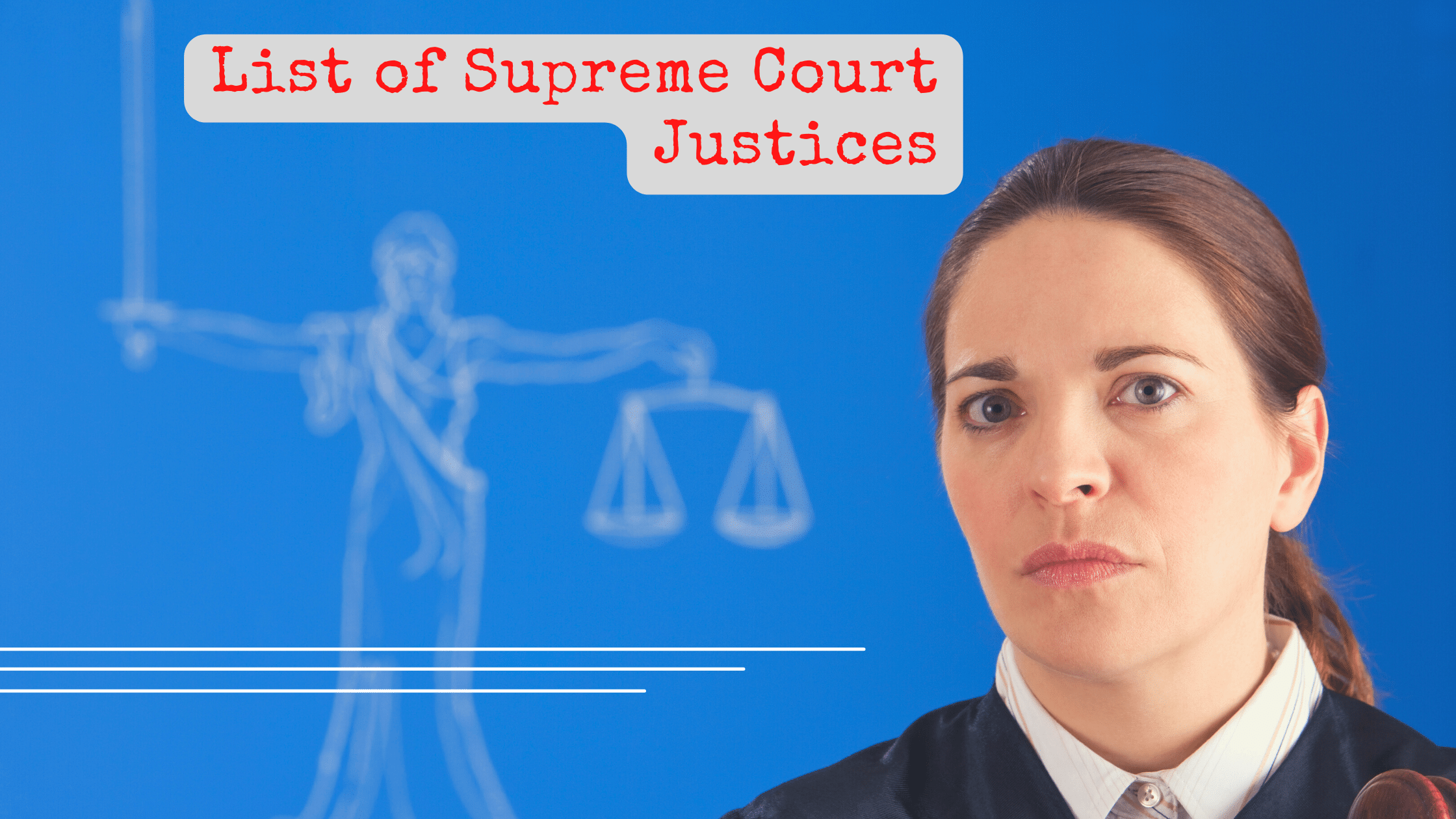

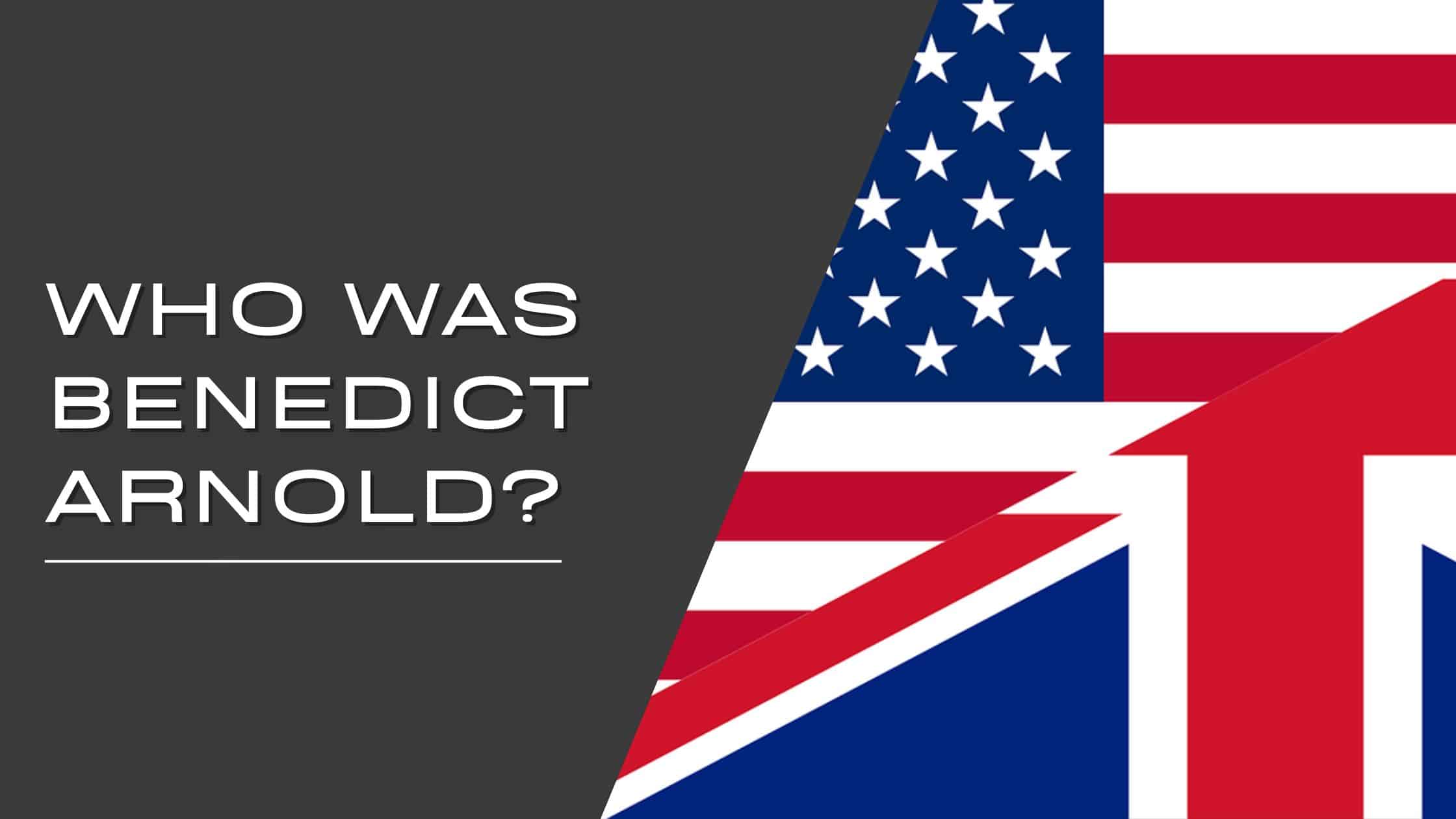

2 Responses
Since illegals have no representation (legally), I suppose they do not HAVE to pay any kind of taxes.
Seems the Democrats want as many new taxpayers as they can get, any way they can get them, legally or illegally.
Talk about greed…
We dont live under the Magna Carta lol